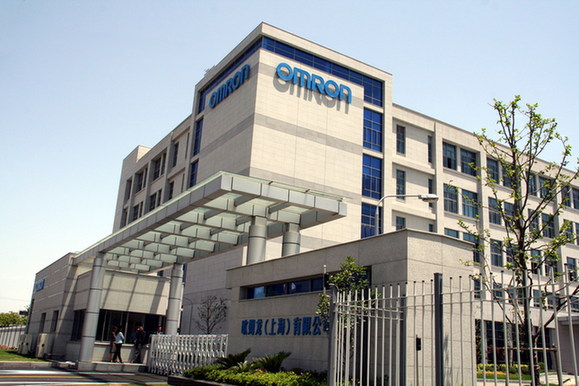Electronics factory raises workers' pay to end strike
|
|
|
On July 21, 2010, workers went on strike at a south China factory owned by Japanese firm Omron which supplies Honda, Toyota vehicles with electronic components, demanding for higher pays. |
Striking workers at a southern Chinese factory, owned by Japanese electronics maker Omron, went back to work on Wednesday night after the management agreed to their demand for higher pay, a company official said.
The strikers, who walked off the job on Wednesday morning, had demanded a pay raise of 500 yuan ($74) per month, an increase of about 40 percent over their current salary of 1,270 yuan, according to two workers, who declined to give their names over concerns of retribution.
"We are not satisfied with the current salary," said one of the workers. "We talked to management before but got no reply. That's why we are on strike."
Between 400 and 500 workers, out of a total of about 800, were on strike, said the employees.
According to the company's website, Omron's Guangzhou factory produces automotive electronic components and its clients include Honda Motor, Ford and other carmakers.
"There are 784 workers in the Guangzhou-based factory and all the strikers are from the production lines. Other departments, such as customer service and logistics, are working normally," a staff member, surnamed Jia, in the public relations department of Omron China said.
Jia said the management reached an agreement with the striking workers at about 8:30 pm, following which the workers went back to their jobs.
However, Jia did not reveal the exact amount of salary increase.
The strike was the latest in a stream of labor disputes dating back to May that have involved workers demanding higher pay and better working conditions.
Most of those have been resolved, but the strike at the Omron factory came as stoppages resume after a brief period of relative calm in early July.
A week-old strike at a plant supplying gear sticks to Honda appeared to be moving toward resolution, as the management agreed to a 500-yuan monthly raise that workers had been demanding, a worker told Reuters on Wednesday.
That strike, at a factory owned by Atsumitec in the city of Foshan, began last week and has resulted in an extended standoff between the management and the factory's 200 workers.
The string of events highlighting the plight of workers in China began with reports of a series of suicides by workers at a massive complex of factories in South China operated by Taiwan's Hon Hai Precision Industry.
Analysts said those deaths were often the result of despair and depression among a new generation of young Chinese who had come seeking jobs in factory towns that power the country's manufacturing machine, only to find themselves working long hours for relatively low pay.
 0
0 







